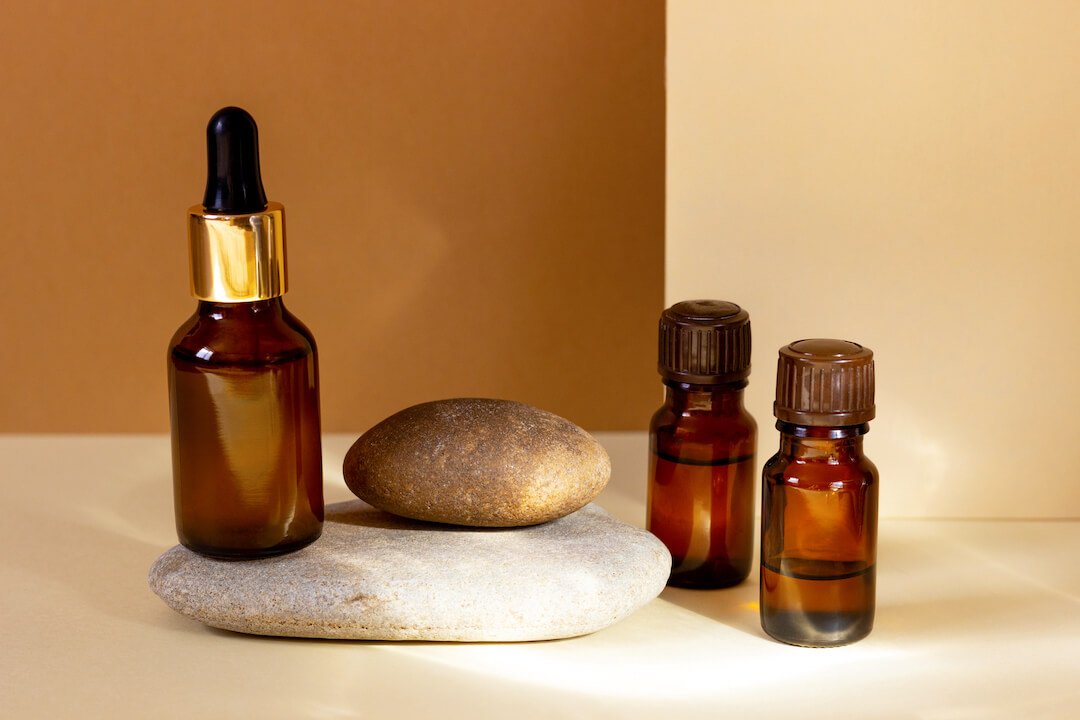Introduction
Essential oils have been used for centuries for their healing properties and therapeutic benefits. Aromatherapy, the practice of using essential oils for therapeutic purposes, has gained popularity in recent years as people seek natural alternatives to promote wellness and relaxation. In this article, we will explore the healing benefits of essential oils and how they can be used in aromatherapy for overall well-being.
The Science Behind Essential Oils
Essential oils are highly concentrated plant extracts that capture the natural fragrance and medicinal properties of plants. They are obtained through various methods such as steam distillation or cold pressing. Each essential oil contains a unique combination of chemical compounds that contribute to its specific therapeutic effects.
When inhaled or applied to the skin, essential oils can interact with the body’s chemistry, promoting physical and emotional healing. The molecules in essential oils can stimulate the olfactory system, which is connected to the limbic system in the brain. The limbic system plays a crucial role in regulating emotions, memory, and stress response.
Healing Benefits of Essential Oils
1. Relaxation and Stress Relief: Certain essential oils, such as lavender and chamomile, have calming properties that can help reduce stress and anxiety. Inhaling these oils or using them in a diffuser can create a soothing environment and promote relaxation.
2. Pain Relief: Essential oils like peppermint and eucalyptus have analgesic properties that can help alleviate pain and inflammation. When applied topically, these oils can provide relief from headaches, muscle aches, and joint pain.
3. Improved Sleep: Essential oils such as lavender and bergamot can help promote better sleep by calming the mind and creating a peaceful atmosphere. Diffusing these oils in the bedroom or adding a few drops to a warm bath before bedtime can enhance relaxation and improve sleep quality.
4. Enhanced Mood and Mental Clarity: Citrus oils like lemon and orange have uplifting properties that can improve mood and increase mental clarity. Inhaling these oils or using them in a room spray can help boost energy levels and improve focus.
5. Immune Support: Some essential oils, such as tea tree and eucalyptus, have antimicrobial properties that can support the immune system. Diffusing these oils or using them in a homemade cleaning spray can help purify the air and prevent the spread of germs.
How to Use Essential Oils
There are various ways to use essential oils for aromatherapy:
1. Diffusion: Add a few drops of essential oil to a diffuser or humidifier to disperse the aroma throughout the room.
2. Massage: Dilute essential oils with a carrier oil, such as coconut or jojoba oil, and massage into the skin for a relaxing and therapeutic experience.
3. Inhalation: Add a few drops of essential oil to a bowl of hot water, cover your head with a towel, and inhale the steam for respiratory relief or relaxation.
4. Bath: Add a few drops of essential oil to a warm bath to create a luxurious and aromatic bathing experience.
It’s important to note that essential oils are highly concentrated and should be used with caution. Always dilute them properly and perform a patch test before applying to the skin. If you have any underlying health conditions or are pregnant or breastfeeding, consult with a healthcare professional before using essential oils.
Conclusion
Aromatherapy with essential oils offers a natural and holistic approach to wellness. Whether you’re seeking relaxation, pain relief, better sleep, or improved mood, there is an essential oil that can help. By incorporating the healing benefits of essential oils into your daily routine, you can enhance your overall well-being and promote a healthier lifestyle.



































